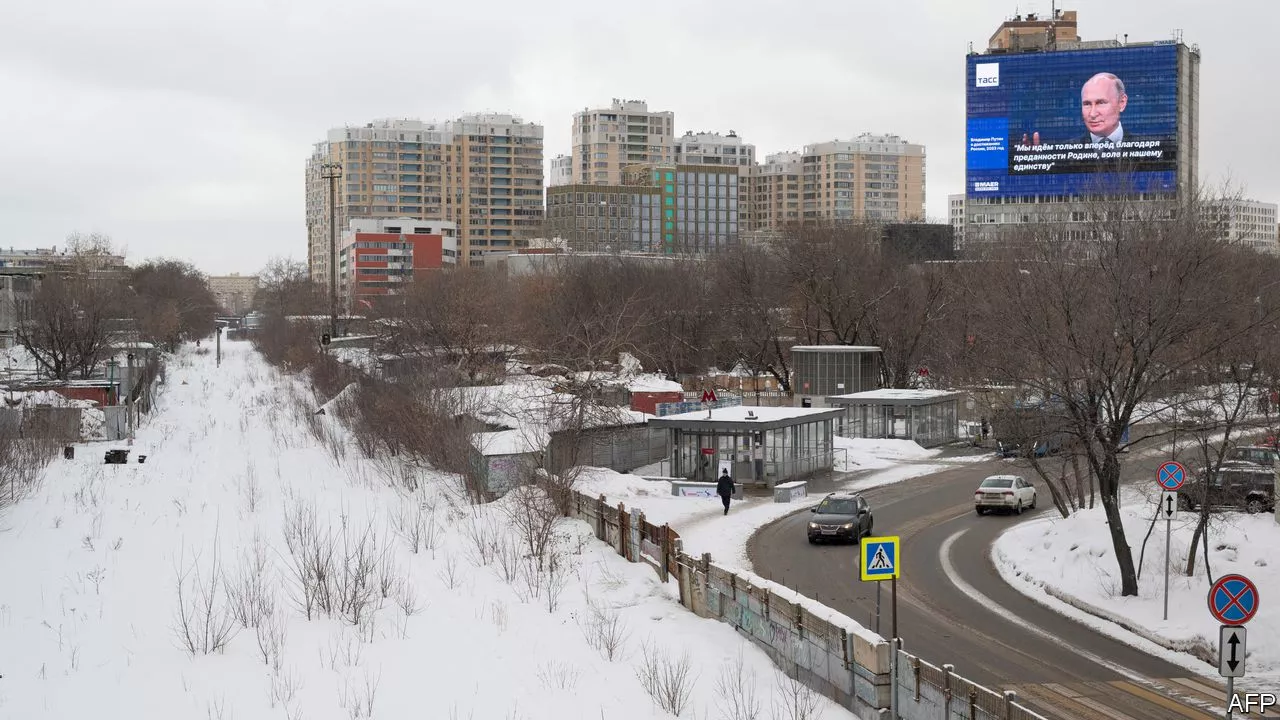The charade takes place amid murder and repression
, the country’s longest-serving dictator since Stalin. In a land where opposition politicians are dead, in prison or in exile, where speaking truth to power is a criminal offence and where a paranoid autocrat is happy to kill hundreds of thousands of his own people and his neighbours in order to assert and maintain his power, an election seems entirely unnecessary; a strange charade or a quaint anachronism.
The Soviet leaders who also held fake “elections”, sometimes with only one candidate on the ballot, could still rely on the legacy of the Bolshevik revolution and victory in the second world war. Mr Putin’s tyranny is both more personal and less ideological. It derives its legitimacy from its use of violence and the carefully maintained appearance of popular support. The spectres of external enemies—the West and Ukraine—and internal ones are invoked to buttress it.
One person who understood the essence of this ritual acclamation, and who tried to break it and reclaim elections as true political expressions was, Russia’s slain opposition leader. Though he knew that power in Russia could not be changed through the ballot box, he saw elections as a way of registering dissent.
By murdering Navalny a month before his “election” Mr Putin wanted to show that there was no alternative to himself and his older, imperialist version of Russia. Unable to contest them at the ballot box, Navalny continues to do so from his grave. His funeral on March 1st became a visible act of defiance.
日本 最新ニュース, 日本 見出し
Similar News:他のニュース ソースから収集した、これに似たニュース記事を読むこともできます。
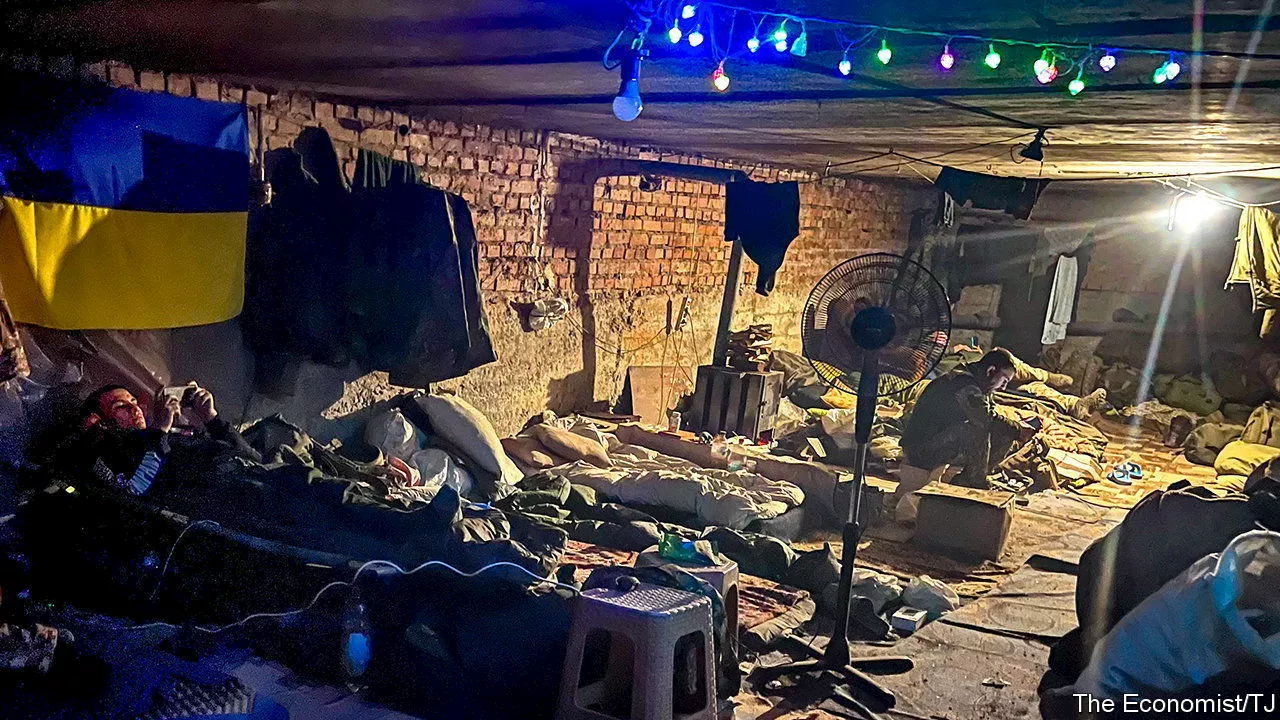 A report from near Ukraine’s southern frontThe Russians are being held off, so long as the ammunition lasts
A report from near Ukraine’s southern frontThe Russians are being held off, so long as the ammunition lasts
続きを読む »
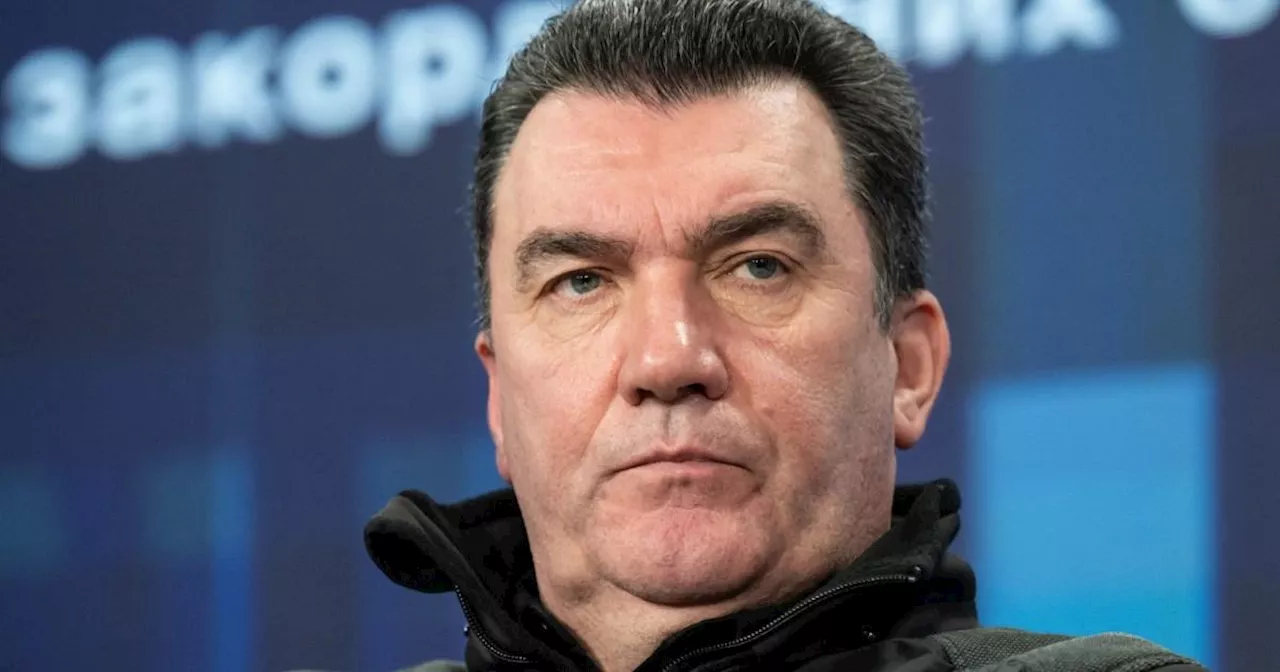 Ukraine says one Nato nation is awash with Russian spies'There are a lot of Russians in Germany, it is not a secret, it is well known.'
Ukraine says one Nato nation is awash with Russian spies'There are a lot of Russians in Germany, it is not a secret, it is well known.'
続きを読む »
 The Changing Landscape of Authoritarian Regimes and ExileExile has been a way for critics to escape the iron fist of tyrants and for regimes to silence naysayers. Yet the way authoritarian regimes interact with dissenting opinions abroad is changing dramatically for the worse. Technology has amplified individuals’ voices and their connection to their homeland, but also enabled monitoring, intimidation and censorship by distant governments. The result is that the world’s autocracies can now plausibly aspire to control ideas and large numbers of people abroad as well as at home. Exhibit A is China. Eleven million of its citizens or ex-citizens now live outside its borders. As we report, its programme of monitoring, censorship and coercion is more elaborate and extensive than ever. And China is not alone. Under Vladimir Putin, Russia maintains an extensive apparatus to spy on and manipulate ethnic Russians abroad, which includes agents who poisoned former members of his regime in Britain.
The Changing Landscape of Authoritarian Regimes and ExileExile has been a way for critics to escape the iron fist of tyrants and for regimes to silence naysayers. Yet the way authoritarian regimes interact with dissenting opinions abroad is changing dramatically for the worse. Technology has amplified individuals’ voices and their connection to their homeland, but also enabled monitoring, intimidation and censorship by distant governments. The result is that the world’s autocracies can now plausibly aspire to control ideas and large numbers of people abroad as well as at home. Exhibit A is China. Eleven million of its citizens or ex-citizens now live outside its borders. As we report, its programme of monitoring, censorship and coercion is more elaborate and extensive than ever. And China is not alone. Under Vladimir Putin, Russia maintains an extensive apparatus to spy on and manipulate ethnic Russians abroad, which includes agents who poisoned former members of his regime in Britain.
続きを読む »
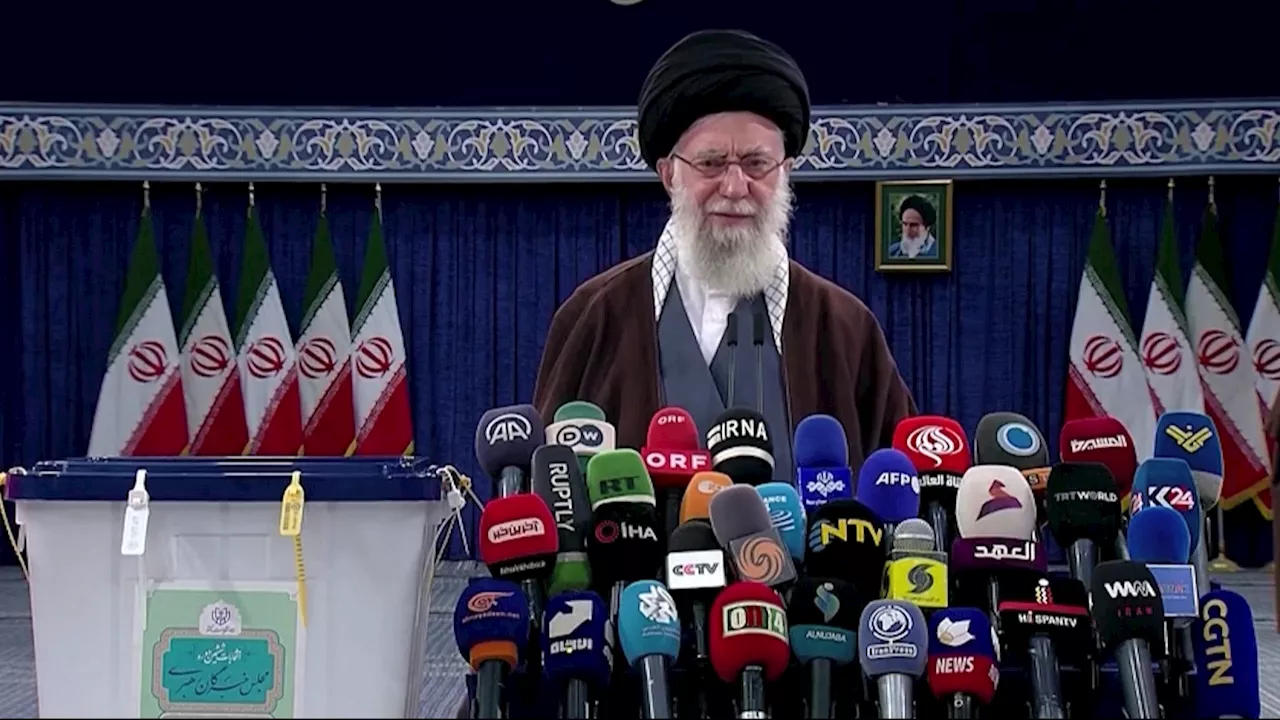 Iran elections: voting expected to be at record lows as polls closeHere in Iran, they've just extended voting in their parliamentary elections til midnight. The regime kept the polls open in the hope more people would show.
Iran elections: voting expected to be at record lows as polls closeHere in Iran, they've just extended voting in their parliamentary elections til midnight. The regime kept the polls open in the hope more people would show.
続きを読む »
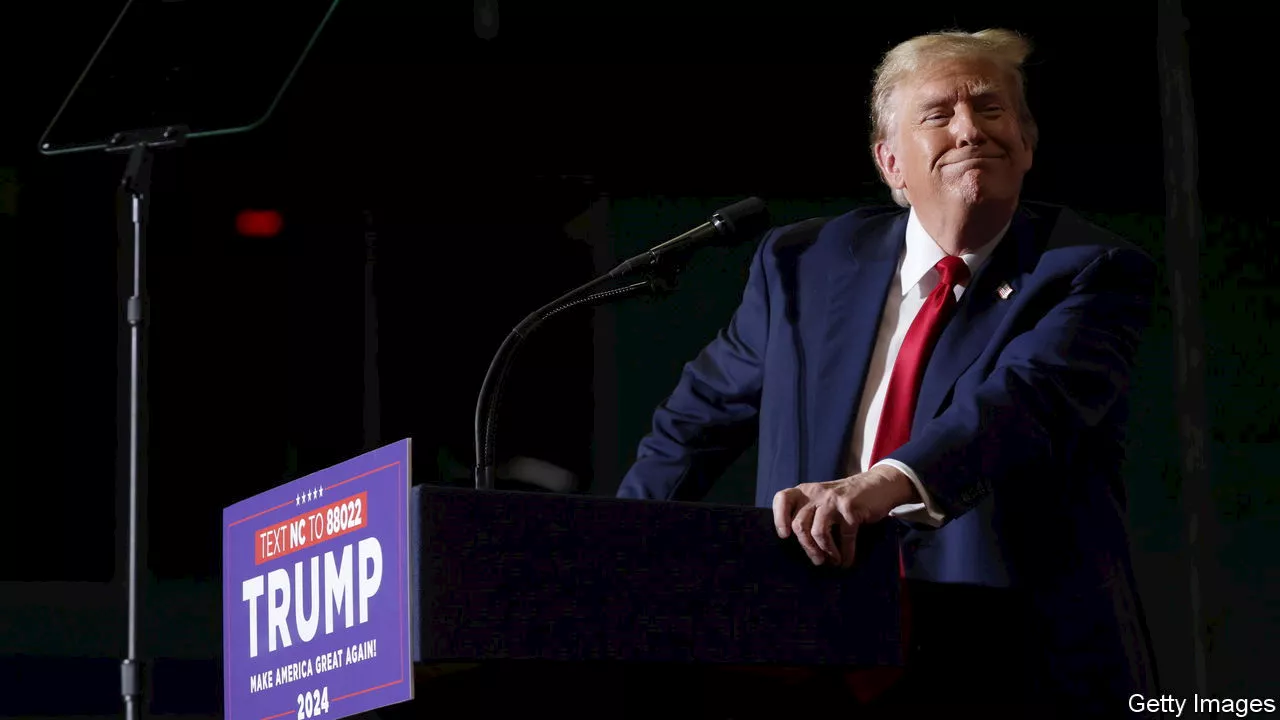 Super Tuesday polls open; SCOTUS overturns Trump disqualificationThe latest news in US politics, with coverage of Joe Biden and the Democrats, Donald Trump and the Republicans plus daily updates about the 2024 US election.
Super Tuesday polls open; SCOTUS overturns Trump disqualificationThe latest news in US politics, with coverage of Joe Biden and the Democrats, Donald Trump and the Republicans plus daily updates about the 2024 US election.
続きを読む »
 Polls close in Wellingborough and Kingswood by-elections as Rishi Sunak faces double defeatPolls have closed in the Wellingborough and Kingswood by-elections as Rishi Sunak faces a double defeat.
Polls close in Wellingborough and Kingswood by-elections as Rishi Sunak faces double defeatPolls have closed in the Wellingborough and Kingswood by-elections as Rishi Sunak faces a double defeat.
続きを読む »
